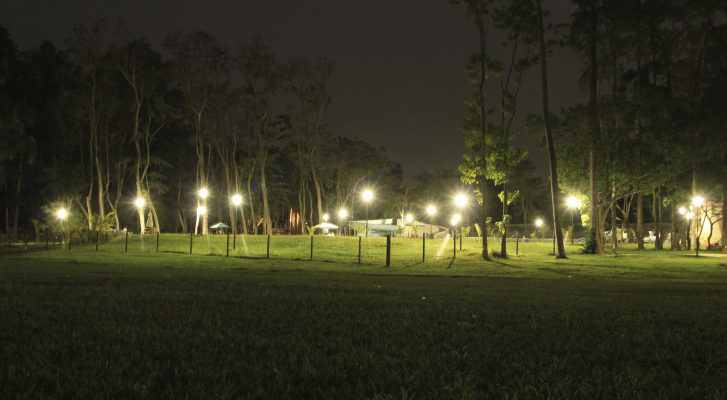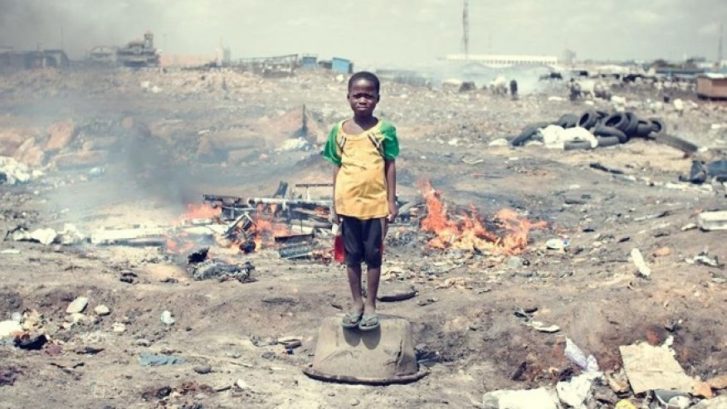“Implementation? I only write long reports”
Despite all the ‘shenanigans’ in America now, if I published a report today (March 2nd 2017) on the economic condition in America, quoting the statistics of 2003, 2008 and based on discussion in 2015 I think we would all know it was irrelevant. Yet in Sub-Saharan Africa [SSA] it is common that such things happen, I have often said “bad data, leads to bad analysis, leads to bad decisions which leads to bad investments”
Despite world funding agencies being a platform of reference they often are staffed by consultants whom while knowledgeable are also required to prove their value, without having a real customer. I find it is often the case that they ‘arbitrage’ the knowledge gap and sensationalise the wrongs in Africa to paint a more glorious picture of the progress they make, frequently unjustifiably.
There is no doubt that Africa is in need of infrastructural assistance; I am certain if many of the countries had not sold off their natural resources for a pittance and a promise, the West would be making plans for ‘regime change’ here too. Is Africa in need of western consultants justifying their day rates? Is Africa in need of funding institutions conducting ‘consultation workshops’ but not examining the findings? I think not.
In the days now of digital cameras, it is easy to capture and portray and image which is lasting and often forbearing on our minds, it is also easy to publish poorly research documents on a platform which portrays accuracy and rigour of research, but as we often hear nowadays we also live in an era of ‘fake news’. To me this era is becoming defined by not just a rush to be the first, but also to jump to a solution without full examination of the facts and without rigour of examination of those facts, perhaps this is the colonial mentality of “we know best” or a consultant’s rush to be the ‘saviour’ of problem.
I for one expect global funding agencies to be far more responsible in their publications, and be exact to the nature of the issues and not jump to a solution and certainly use accurate and timely data to justify their position.
I recently had the privilege to talk at a conference arranged by DAWN Commission, a non-political (if that’s possible in Nigeria) organisation set up to structure long term development for Western Nigeria. http://dawncommission.org/. The conference was on the development of open data for the region and its use in developing prosperity; it was arranged jointly by DAWN and DFID, and despite my initial reservation about the topic, the event proved to be a very enlightening and thought provoking couple days.
At the conference the problems of getting access to data in Nigeria was raised as a very significant challenge – often therefore people, agencies, NGO’s etc. resort to generating their own data, sometimes duplicating and frequently contradicting official sources. In some cases, collation can renew the data, and where rigour of data collection can be proven it often enriches decision making processes, but were the data is collected via desk studies and ‘projections’ (i.e. guesses) are overlaid and then wrapped with digital pictures and Microsoft graphs, users need to examine substance over form.
When I was in banking, which feels like a life time ago, we had what we called the weight test for reports, that is if you dropped it on a table did it make a ‘thud’. Despite pitch books or investment memorandums being hundreds of pages long, only the front four page executive summary was read. The weight test often gave the illusion of rigorous analysis, among the banking analyst is was simply a competition to prove who could fill the most amount of paper in the shortest period of time, often working 24 hours a day for days on a stretch for no other reason other than to prove levels of testosterone and coffee consumption.
In a situation such as SSA, where data is often already deficient, to have cause to question the motivation of those that publish reports, in addition to the validation of their data is a costly distraction from the problems faced from communities, government and business, what is more it cannot aid the process of problem solving.
As I write I am reminded of the early lessons of computing some 30 odd years ago, the qualities of data are; Completeness, Validity, Accuracy, Consistency, Availability, and Timeliness. One might have the platform to make the data available, it does not ensure the that the other five qualities are fulfilled.
Let’s not throw the baby out with the bath water, it is certainly a fact that any global agencies have a perspective and lessons learnt from other parts of the world which can be applied; but ultimately many of those such agencies are commercial agencies, one needs to remember that information come at a cost, and like all commercial banks they’ll lend you the money for you to buy that information. So the issues become, does the cost justify the benefit, well only time will tell, but time to date suggests it is not.
https://www.linkedin.com/pulse/implementation-i-only-write-long-reports-paul-o-callaghan


